Jeonju Makgeolli: Capturing Value and Ambience in the City’s Authentic Taverns 🍶
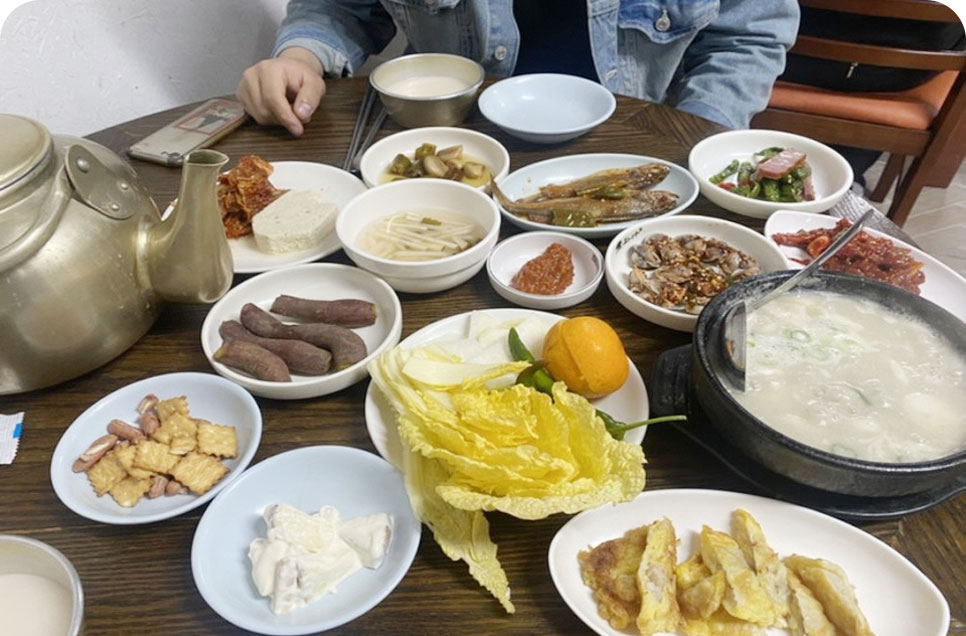
Riding the wave of retro fashion trends, more and more youngsters in their twenties have begun to appreciate and take pride in our own Korean culture. Common sights on social media are shots of these millennials indulging in quaint pleasures, like ‘Granny’s Omakase’ – an endearing combo of grandma and omakase, where you’re served delicacies prepared with ingredients grandma chose for the day. 😋
With this rise in nostalgia, there’s been a trendy resurgence of visiting ‘Nopo’ – the term for older, authentic eateries, amongst the younger generation. And where better to find these hidden gems than Jeonju – a city renowned for its delicious food! Today, I’m going to give you a glimpse into the charm of these ‘Nopo Makgeolli Houses’ that locals, especially the older ones, can’t get enough of!
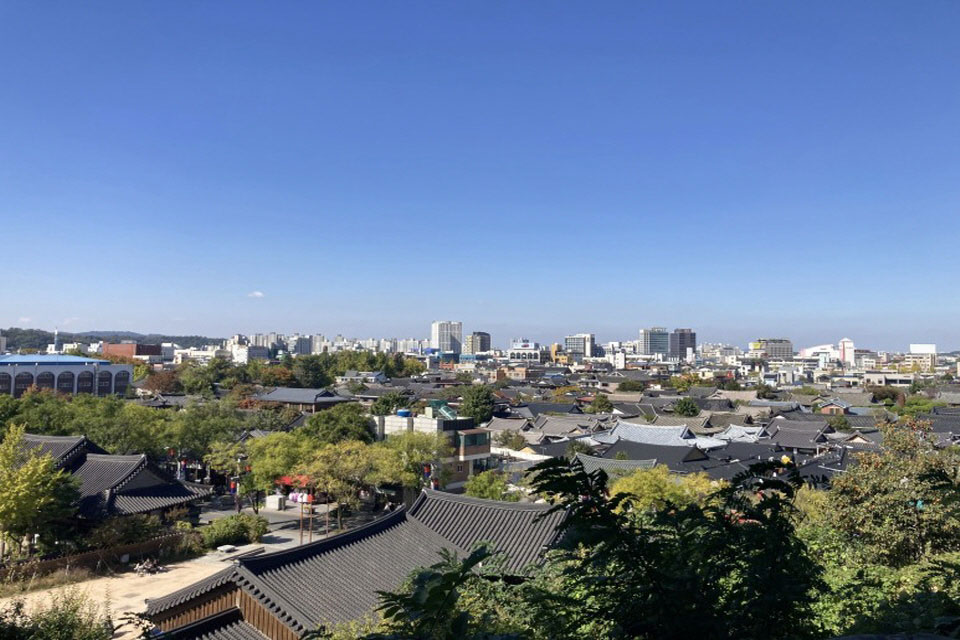
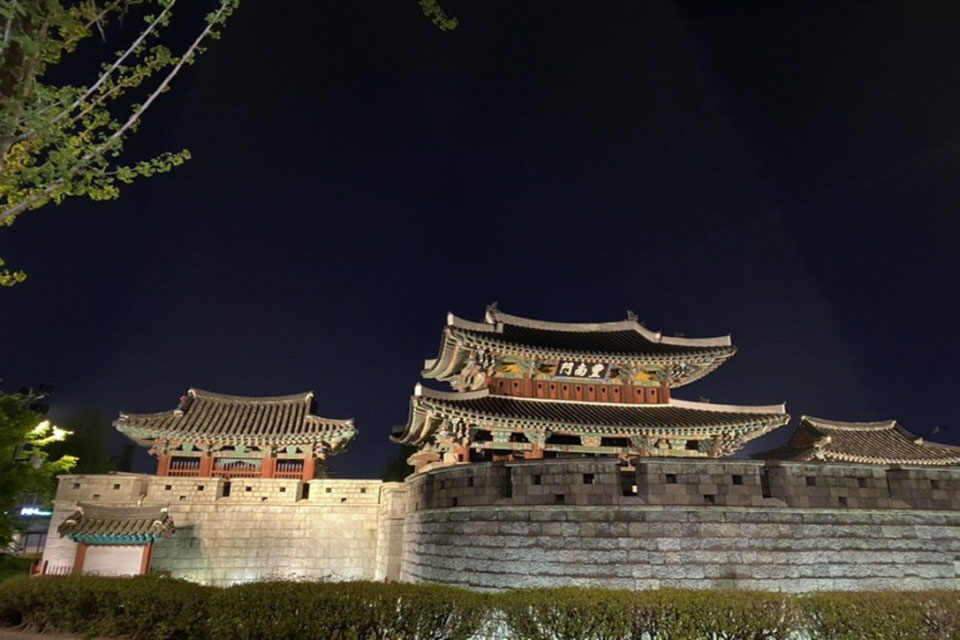
“The Secret Sauce of Nopo’s Popularity”
It’s not just about the delicious food; it’s about the unpretentious yet warm atmosphere, coupled with affordable prices that keep folks coming back to Nopo! An increasing number of Youtubers are joining the bandwagon, adding to the hype around value-for-money Nopo eateries.
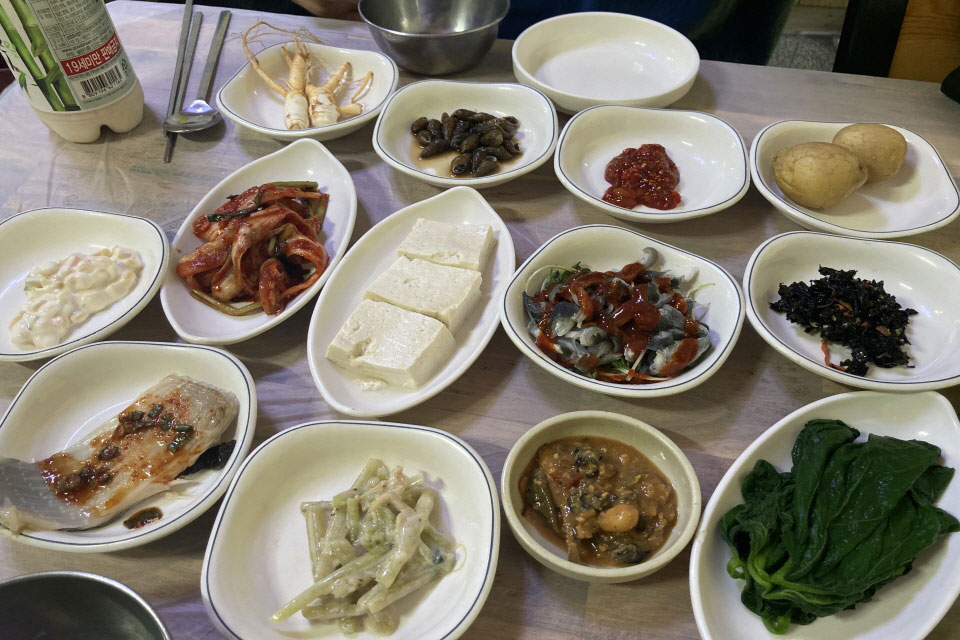
“Free Snacks with Every Drink!”
The Samcheon-dong Makgeolli Alley is a well-known attraction for tourists visiting Jeonju. Known for its endless food supply that justifies Jeonju’s reputation as a foodie city, the place always sees a huge influx of visitors.
However, I decided to step off the beaten path and venture into a Makgeolli Nopo frequented only by locals, giving you a taste of the overall experience.
The place Isn’t super fancy, and the food isn’t Instagram-worthy, but it’s a cozy little spot with a vibe that feels like grandma’s kitchen. The culture of Jeonju Makgeolli is unique; much like the ‘Dacchi’ or ‘Silbi’ in Gyeongnam, the owner brings out dishes ‘as needed’ when you order drinks. As you sip your drinks, more and more dishes keep magically appearing, showcasing the warm hospitality that Jeonju is known for.
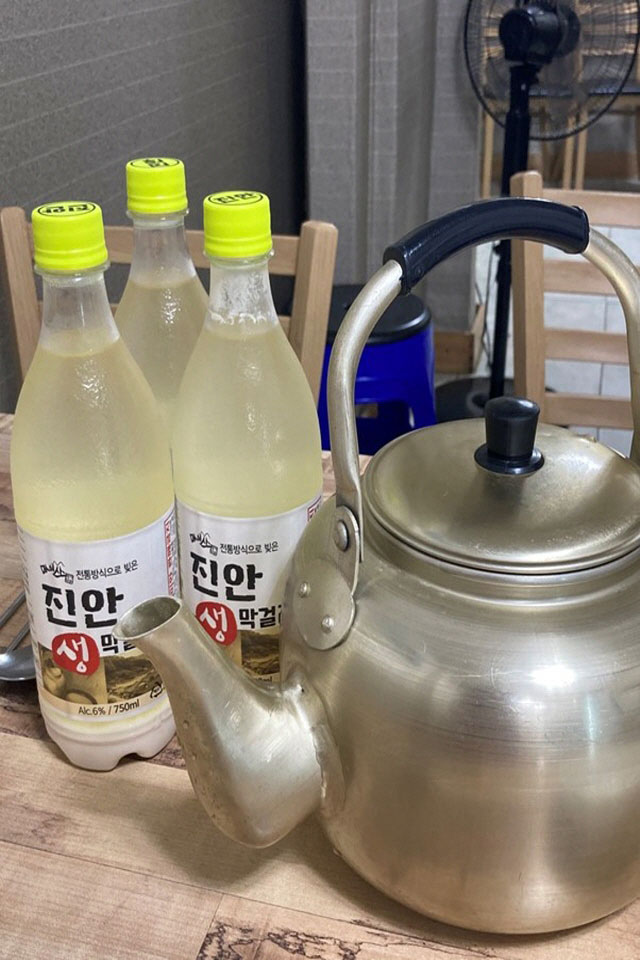
Thanks to this operational style, weary folks can conveniently wrap up their day with a drink and a meal, all for the price of a drink! It’s a truly generous and heartwarming culture for everyday folks. ❤️
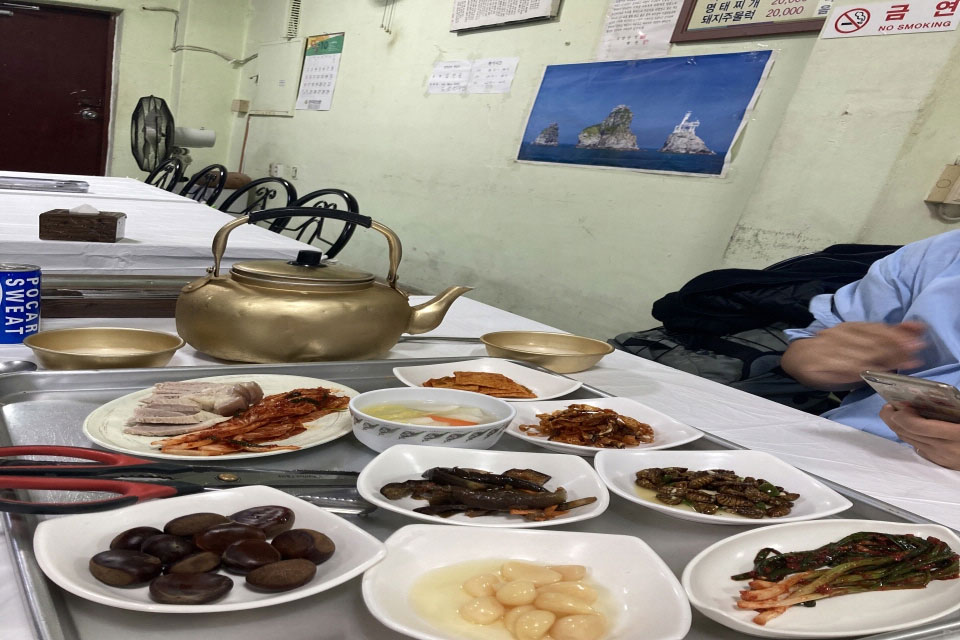
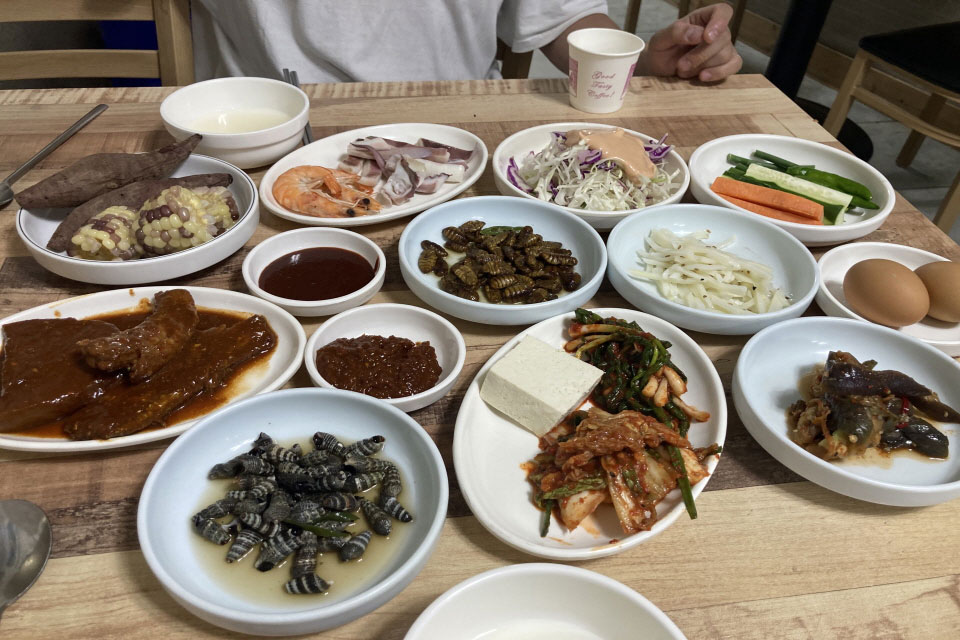
“A Homely Space Filled with Regulars”
Typically run by elderly owners, these Nopo Makgeolli Houses serve as a community center where local seniors gather for a simple drink and a friendly chat. It’s a heartwarming sight! They operate on a small scale, often closing early when ingredients run out, and the owners shy away from publicity, often discouraging visitors from taking pictures.
While I understand their sentiment, I hope these places continue to serve as cozy spaces for heart-to-heart conversations for many years to come. 🍻
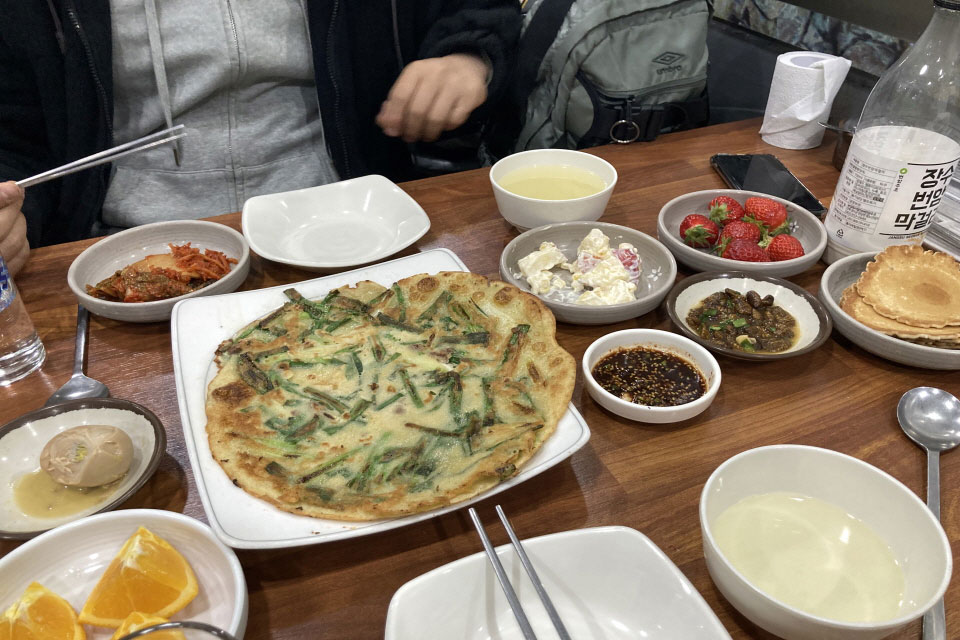
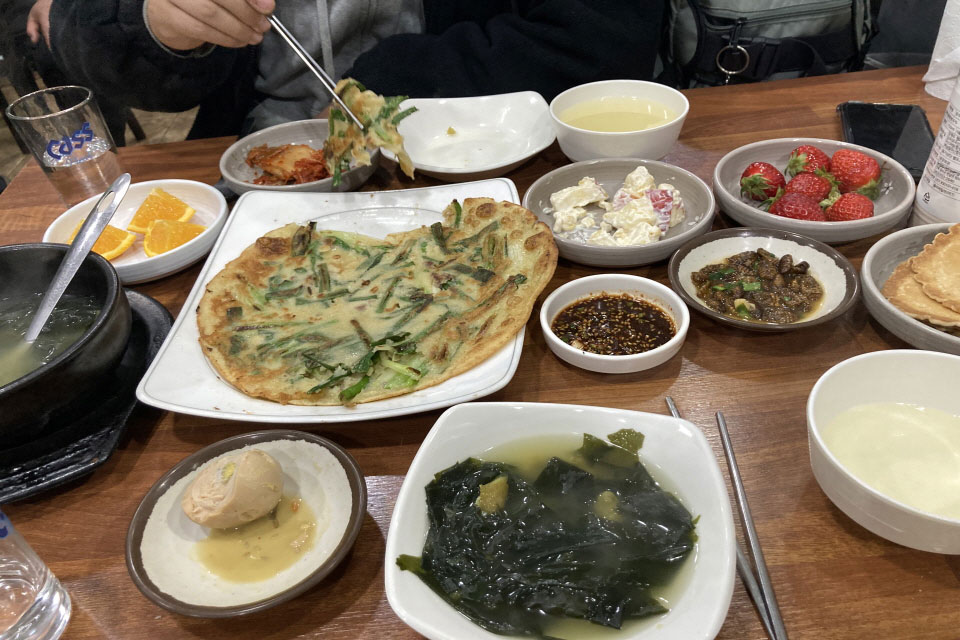
“The Unique Operating Style of Jeonju Makgeolli Houses”
Due to their size and the physical strain of running the business, many Makgeolli Houses prefer not to attract tourists. Misunderstandings, like customers eating only the snacks and not ordering drinks or large groups causing disruption, can pose challenges. So, it’s important to understand their operating style before you visit. 🙏🍻
Now, let’s dive into the types of snacks you typically get in these places!
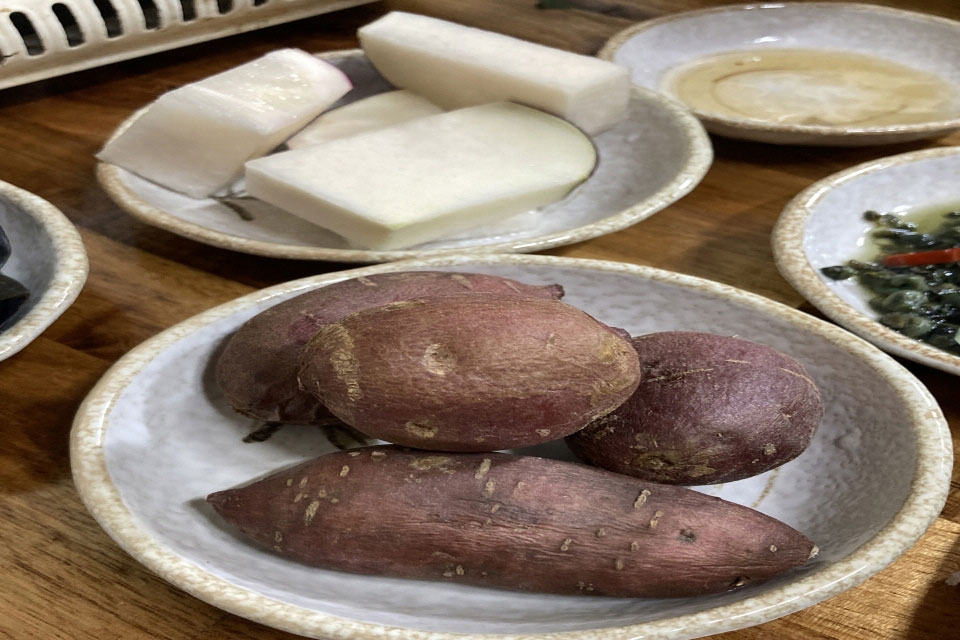
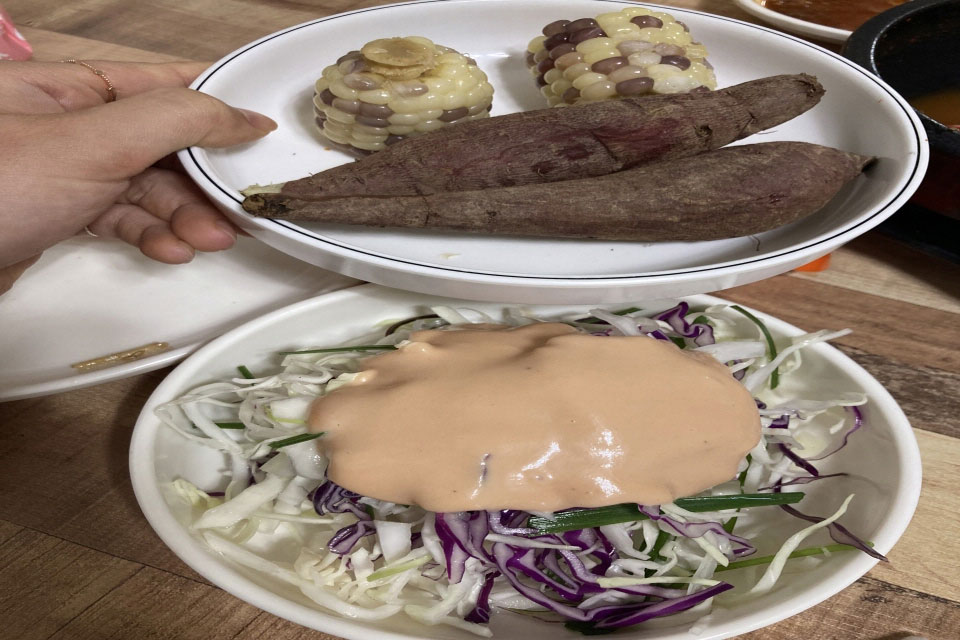
“Fresh Side Dishes Made from Daily Prepared Local Produce 🌽”
In a makgeolli house, you’ll typically find root vegetables served as the basic side dish. Depending on the season, they might serve sweet potatoes, potatoes, or corn. You could also find radish, carrots, cucumbers dipped in sesame oil sauce, or even mushrooms or kohlrabi on certain days! Before drinking, they will usually provide boiled peanuts or chestnuts, perfect to snack on, and broad beans, which are staple table appetizers. These dishes are prepared daily from fresh local produce by the owner.
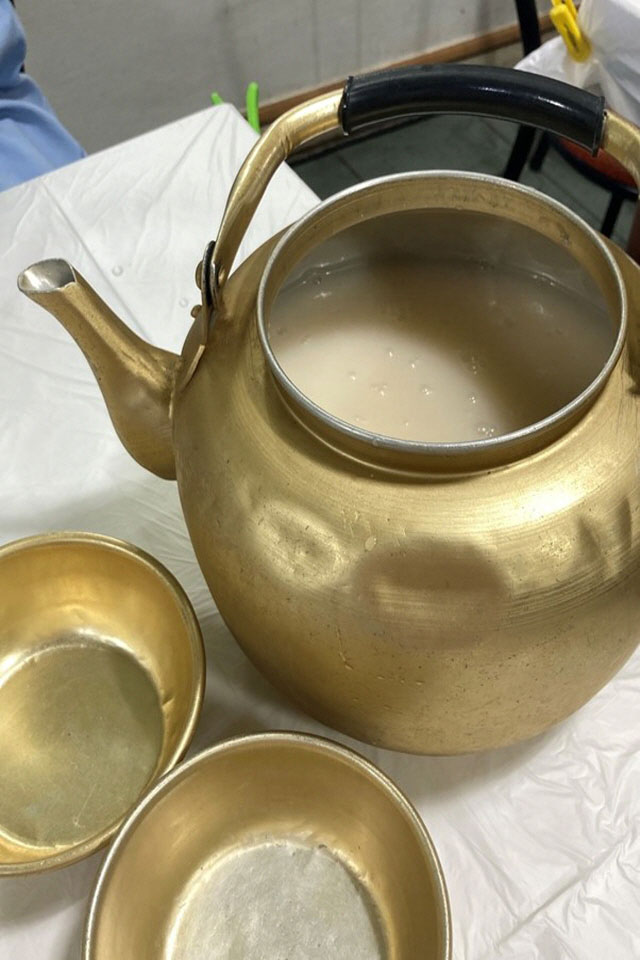
“The Charm of Daily Changing Sides 🍲”
The price of a bottle of makgeolli in these old Jeonju dives varies from house to house. Usually, it falls between 5,000 to 7,000 won, and they sell starting from a minimum of three bottles per pot. The cool makgeolli, the full-color kettle, and even the crumpled makgeolli glass! You’re all set to enjoy some tasty makgeolli.
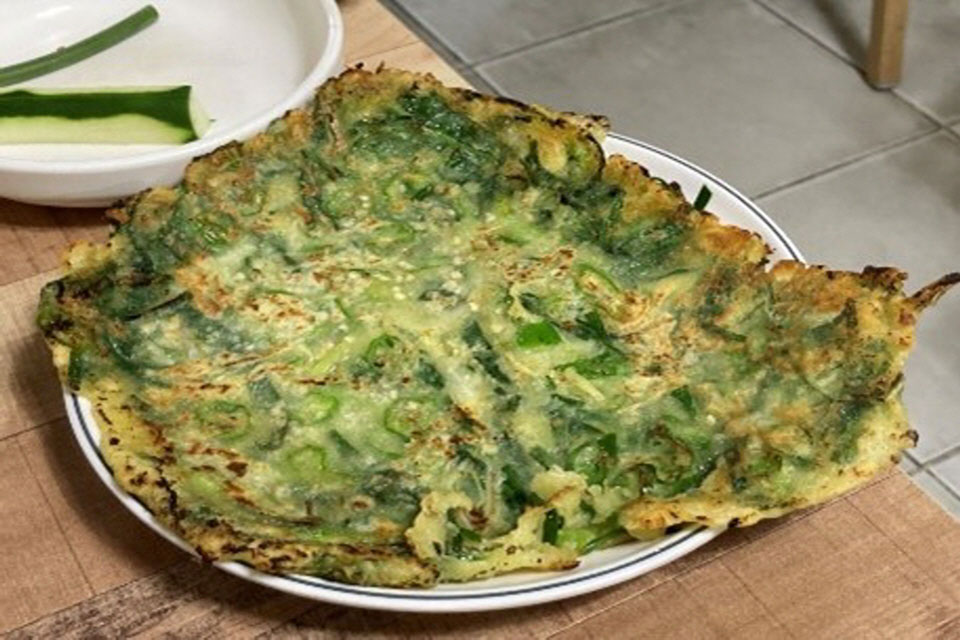
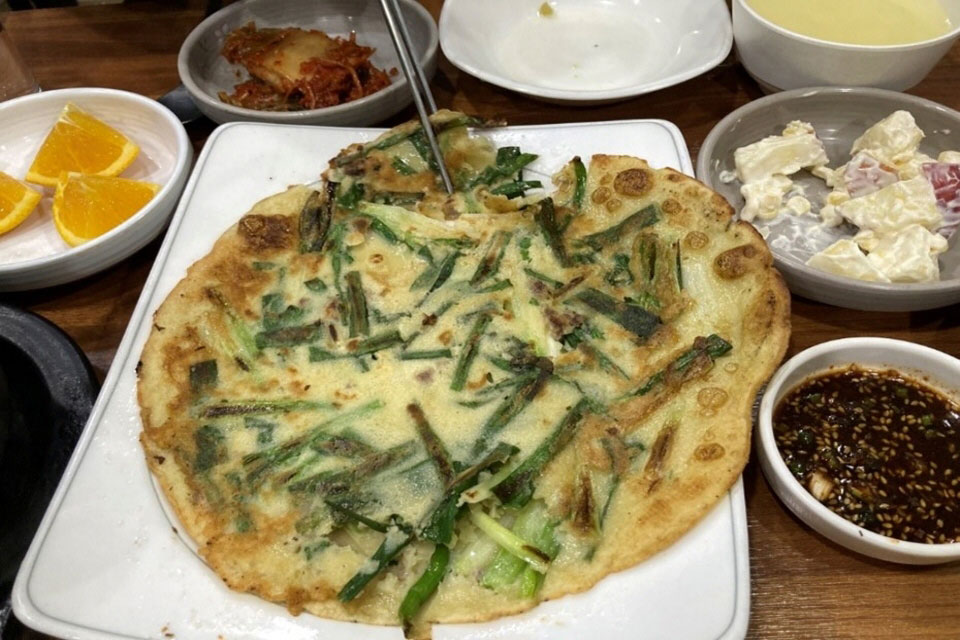
One of the allures of a makgeolli house is the surprise of not knowing what side dishes will be served. Even if you visit the same shop, the side dishes vary from day to day. Once you order makgeolli, a feast of fresh seasonal vegetables, fruits, and seafood unfolds. A makgeolli feast would not be complete without pancakes! As you down a glass or two with a hearty table of side dishes, you will smell the aroma of frying from the kitchen. The crispy and warm pancakes served by the friendly owner make for a fantastic pairing with makgeolli.
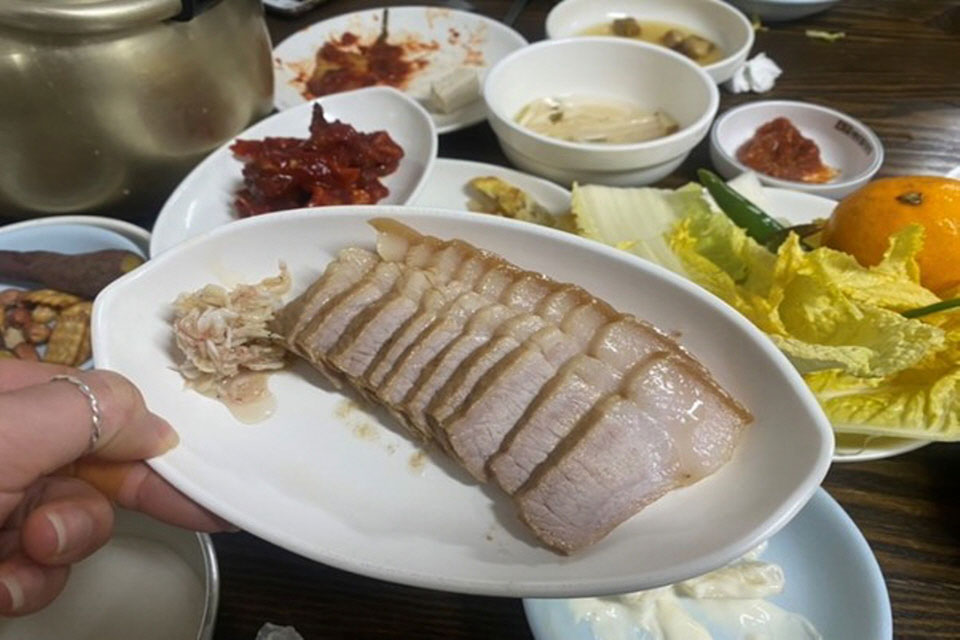
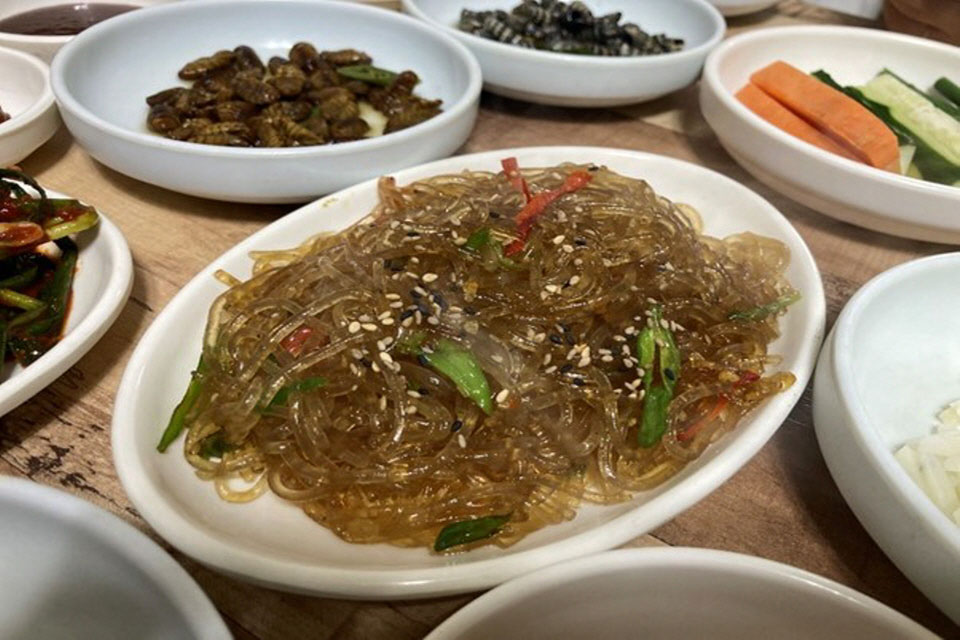
Jeonju’s delicious makgeolli houses also feature a wide range of dishes including soft-boiled pork belly, various stir-fries, and braised dishes, all of which complement the makgeolli perfectly.
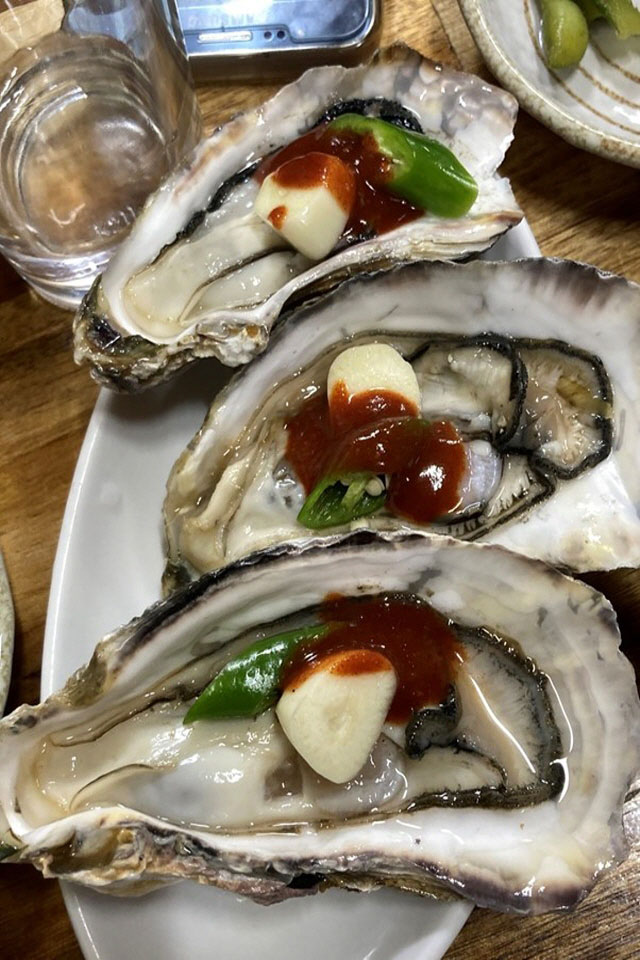
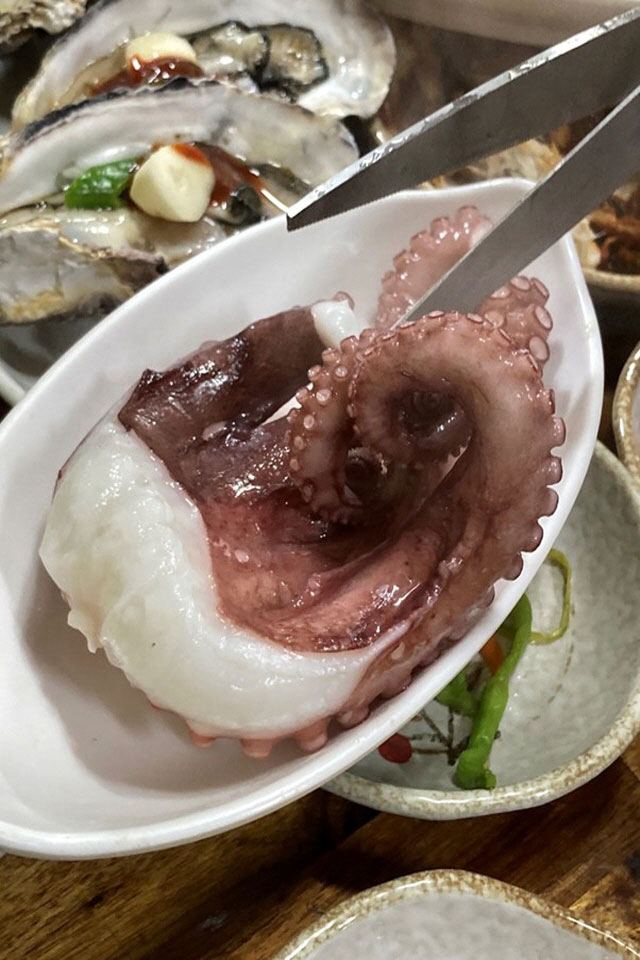
“The Warmheartedness of the Owner 🥰”
Once you become a regular and familiar face to the owner, you might occasionally get to taste fresh seafood. The fact that all these side dishes are free when you just order makgeolli is quite astonishing, isn’t it? As you enjoy the warm and filling dishes, you will be touched by the owner’s warmheartedness.
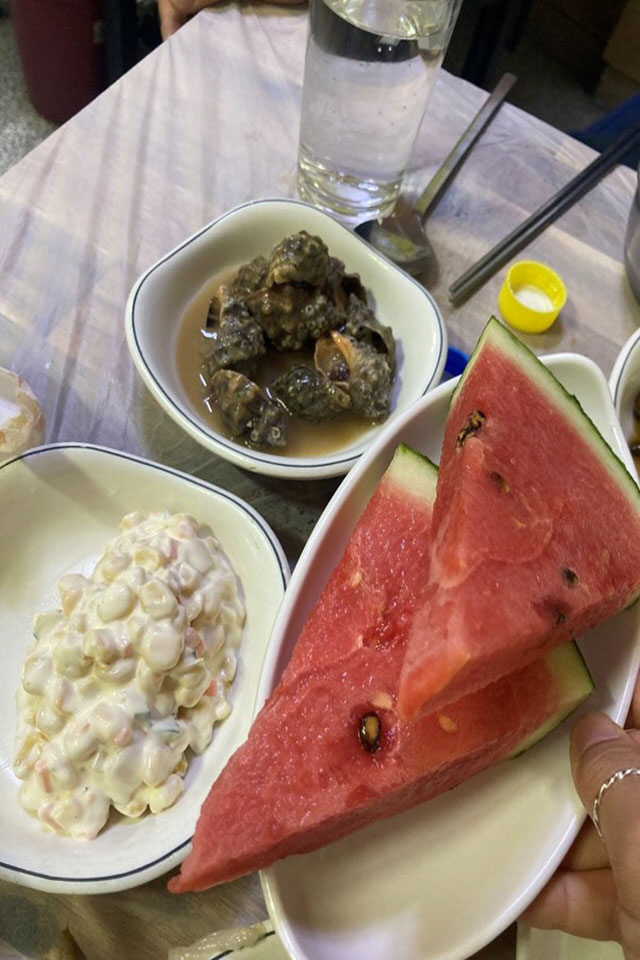
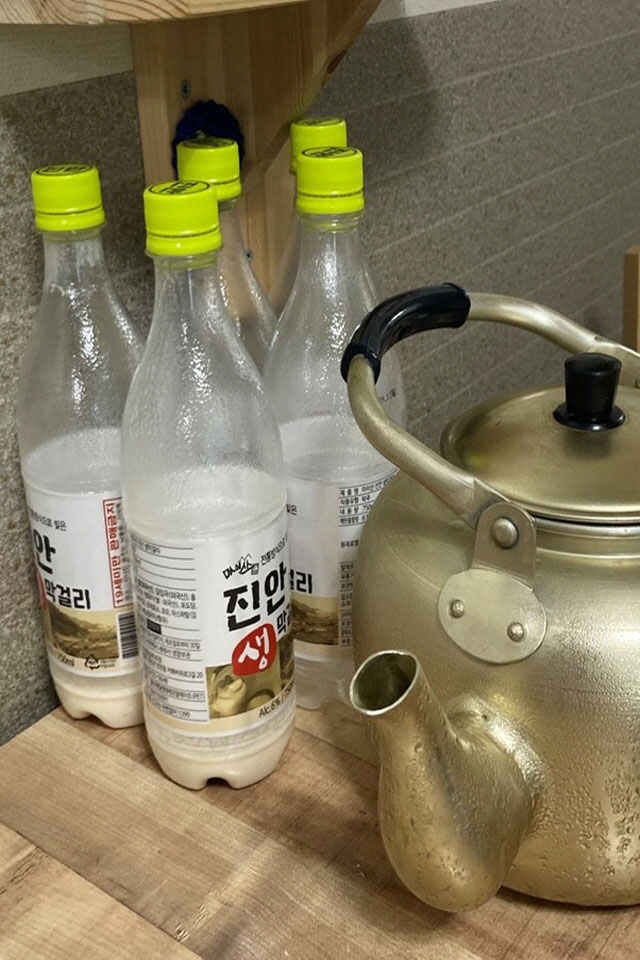
Becoming friendly with the owner is also part of the charm of visiting a makgeolli house. They often look after you as if you were their own grandchild, giving you fruit, snacks, and even rice cakes for dessert!
Today, we’ve introduced you to the old makgeolli houses of Jeonju, where you can experience generosity and warmth with a single glass of makgeolli. If you happen to find a makgeolli house with a large sign, where you can hear the voices of the elderly from inside, don’t hesitate because it looks shabby. Why not open the door and step in? Perhaps, when you want to rest and have a drink, it might become your go-to place, a home for your heart, a good, honest makgeolli house! Cheers!


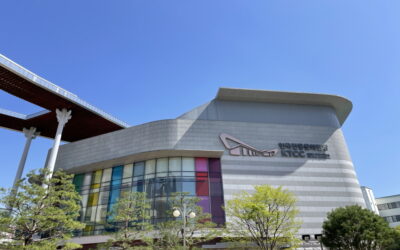
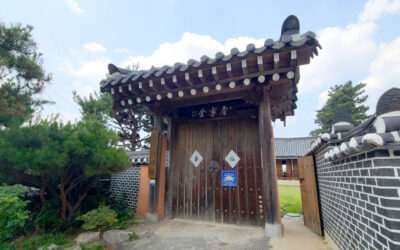
최신 댓글